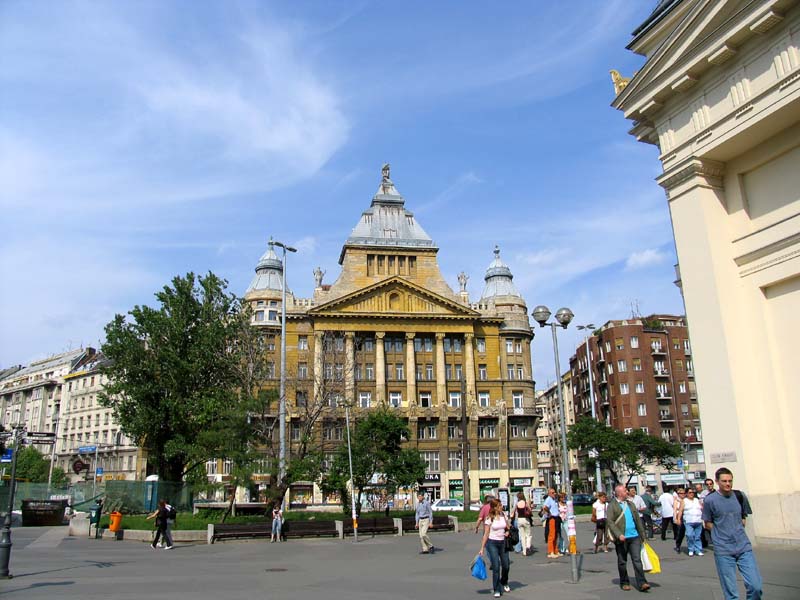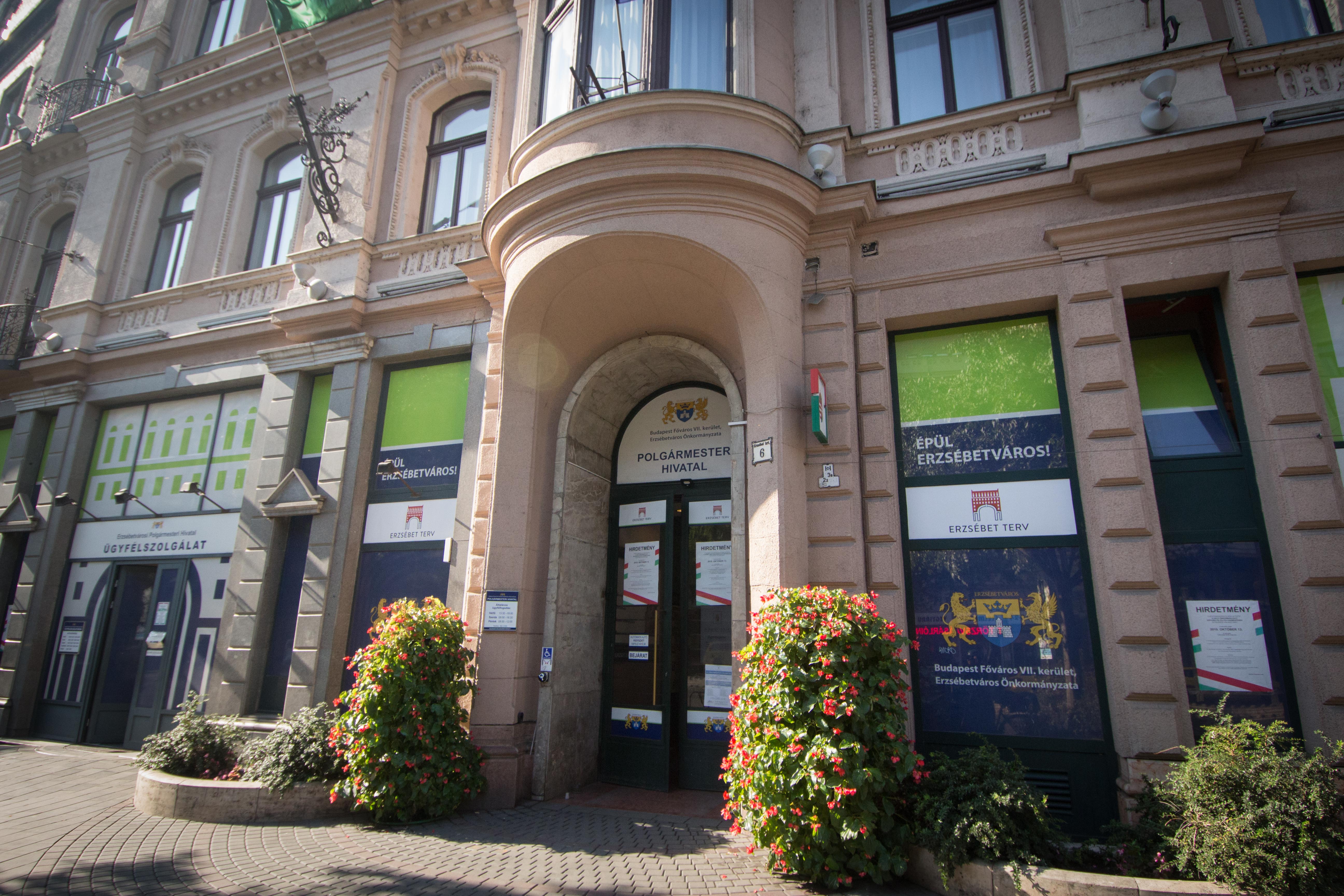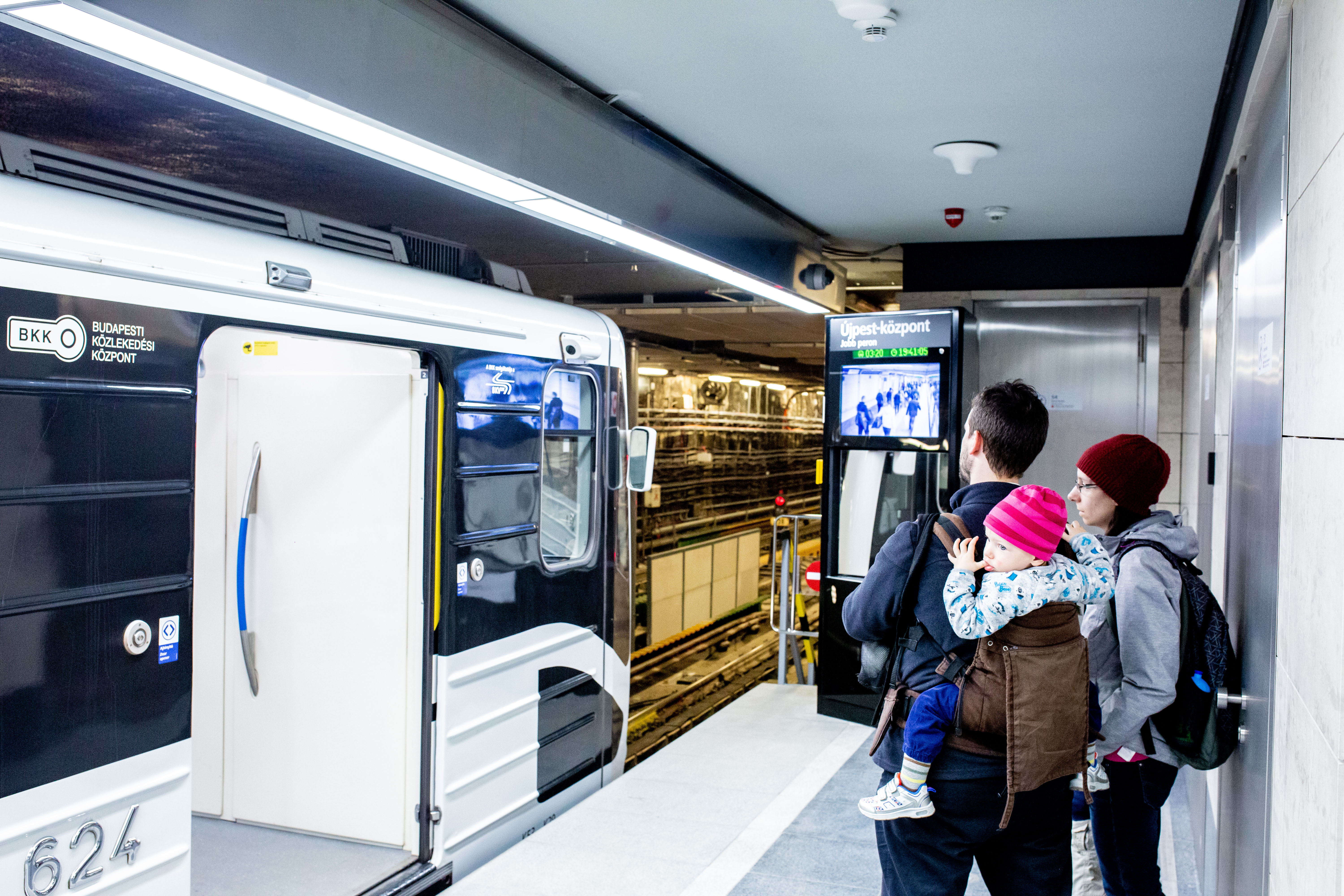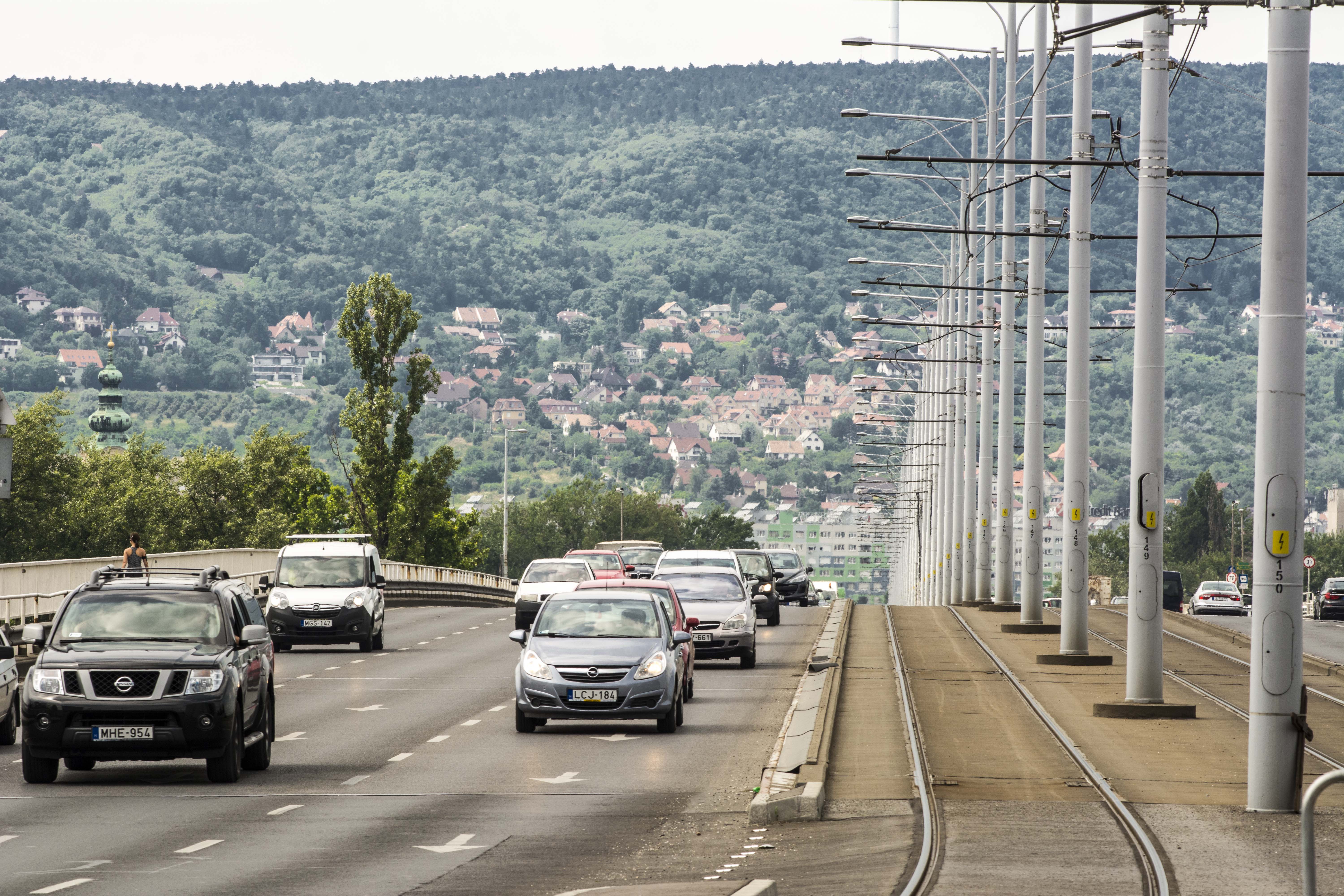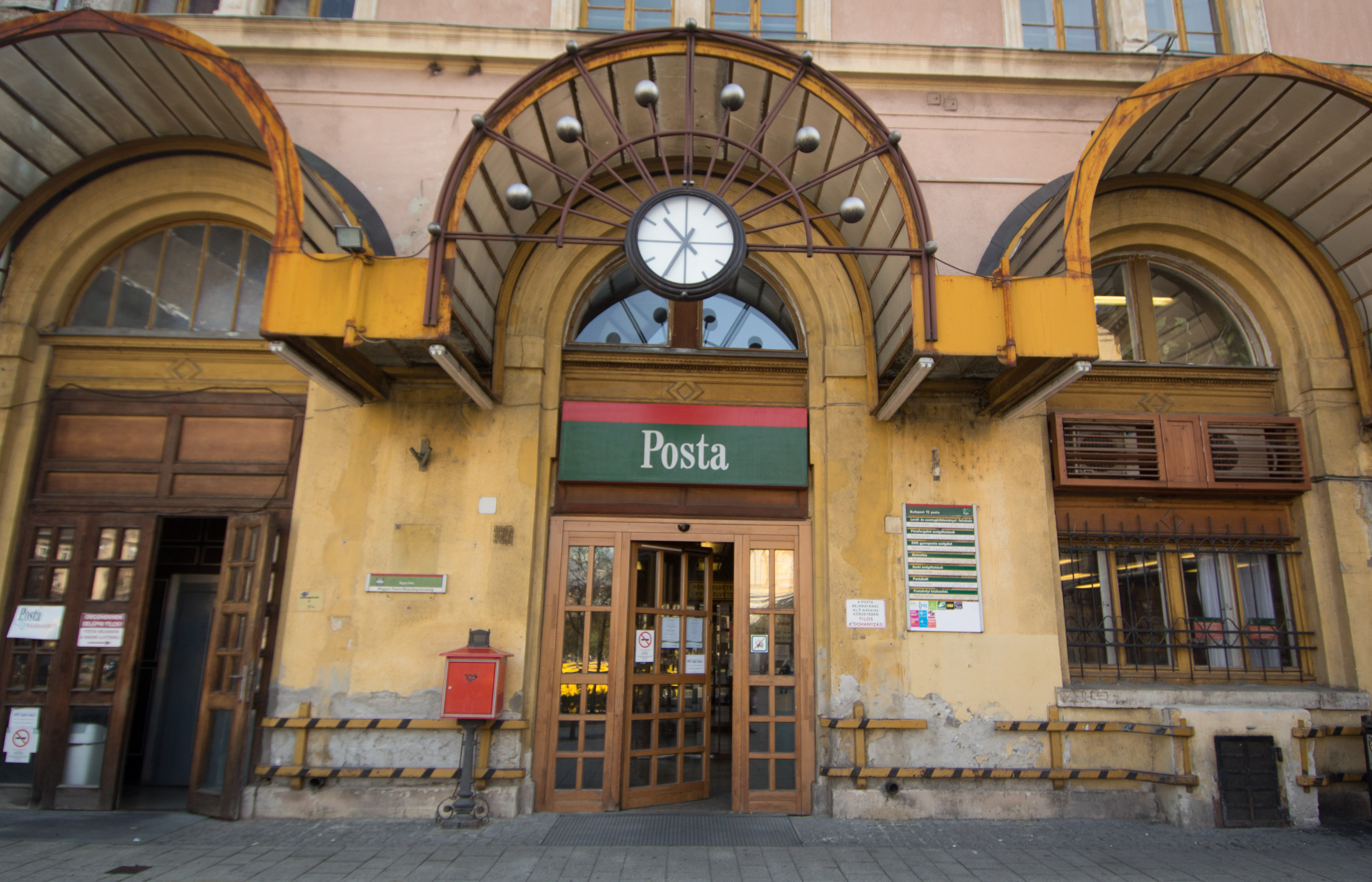1/12
Budapest is arranged by district (kerület), designated with a Roman numeral, the same number featured in the middle of each four-digit postcode, eg Gellért Hotel, District XI and postcode 1114.
There are general consistencies, such as the five inner Pest inner districts V-IX lying next to each other, and the outer districts expanding numerically. District XIII touches Districts IV and VI, for example, so have a map on hand to use as a reference when choosing accommodation.
District V is downtown and flats are at a premium. Aforementioned District XIII is trendy, prestigious District VI sought-after, District VIII often dowdy and cheaper. Buda District I includes Castle Hill, with special limitations on flat purchase and rental, expansive Buda District II is leafy, residential and preferred by diplomats. Óbuda, District III, contains a mix of historic housing and communal blocks.
The city’s superb transport system means that almost everywhere has a metro station, bus or tram stop near it.
To find the best prices, it’s advisable to search for accommodation sites in Hungarian. Here are some key terms to use for reference:
lakás – flat, general term albérlet – flat, specifically to be rented, not bought bérelni – to rent ház – house kiadó – for rent eladó – for sale Budán – in Buda Pesten – in Pest kerület – district Look for flats advertised in forints, as many listings published in euros are at a higher rate geared towards unsuspecting foreigners. A room in a shared flat might range from 70-120,000 forints/month. One-room flats or larger accommodation for a family, start from around 125,000 forints/month. A single person should find plenty of choice around 150,000 forints/month. Flats are measured in square metres: 35sqm is a shoebox, 75sqm is approaching palatial.
Hungarian residents pay an extra fee on top of utilities, the közös költség or communal cost. This is for services such as rubbish collection, building upkeep, etc.
Flats are often advertised in English via various Facebook groups in the city (it is how this writer found hers!). These include:
Albérlet Budapest – megfizethető áron kiadó lakások (in Hungarian) Budapest, Hungary Apartment Rentals Public Group Budapest flats for rent Hungary EXPATS Rent a flat/room in Budapest Roommates in Budapest …and there are more. If you have not yet arrived in the city, it is appropriate to ask for a video tour of the apartment via Skype or another programme. (Remember, adverts posted in Hungarian will usually be cheaper – don’t be afraid to venture into their depths!) Websites to search for accommodation include:
Albérlet Ingatlan Ingatlan Jófogás Most web browsers are equipped to translate pages into English. If you are using Chrome, download the Google Translate extension on Google’s web store (it is free). Any website you visit, you can use the extension to automatically translate Hungarian into English.
Firefox also has a Google Translate extension which accomplishes the same function.
Users of Internet Explorer can download a translator function from Microsoft’s Internet Explorer Gallery. The extension is called G Translate.
In nearly all cases, once you find a flat you like, you must pay a deposit (kaució) of two months’ rent, sometimes three, occasionally one. Those taking on a flat may be presented with an inventory of furniture and accessories there. Any missing items or damages may be docked from your deposit when you leave.
Among the keys you will receive will be a little one for your postbox in the communal hallway – stick your name on it to assist the postman.
2/12
Any official business conducted in Hungary, from opening a bank account to picking up mail at the post office, requires a residence card or lákcímkártya. These can be applied for at the public office in your district, the kormányablak. You will need to provide your passport, the lease from the landlord and a filled-out, change-of-address application form with your landlord’s signature. (You can go to the kormányablak ahead of time and request the form, then return with it completed.)
You may also have to provide proof of income.
EU citizens can stay in Hungary for 180 days without applying for a lákcímkártya. After that, registration is necessary. Many non-EU citizens – such as from the US, Canada, Australia and Israel – may also stay in Hungary as a tourist for a period of 90 days before having to register.

3/12
Free medical care is available to foreigners only in emergencies. If you’re staying in the country for a longer period of time, it’s important to get insurance. Private clinics are available throughout the city, and often feature English-speaking doctors. However, all residents who are actively employed are immediately issued a national insurance card (TAJ kártya), and are thus entitled to use the Hungarian national health-care system.
Generali is the biggest private health-care provider in Budapest, with branches throughout the city. It is important to note that each private health-care provider will have its own doctor’s practices and hospitals, so see which ones are nearest to you when making your decision.
If you are on the national health-care system, where you go depends on your district. Some districts assign you a doctor depending on your house number, others let you choose. Check out the Arany Oldalok (Yellow Pages) or call your embassy to find out where to go.
EU nationals can use their European Health Insurance card (EHIC), which provides coverage in some areas. See a full break-down of services here.
Your TAJ-kártya and tax ID number go hand-in-hand. TAJ refers to Hungary’s social security system, and that number will follow you through your employment and life in Hungary.
To get a TAJ number, you must first get a tax ID. Find the tax office (NAV) nearest you. If you already have a job lined up, your employer can request both the tax ID and the TAJ number as a part of your employment process. You only need your lákcímkártya and a valid ID to register.
The tax ID process is easy – the government is happy to receive your taxes – but the TAJ Card application is trickier and the wait time can be two or three hours. There are two forms filled out by your employer, and one by you. These forms are available immediately when you walk into the TAJ office. The main one, the OEP Ügyfélszolgálat, is at Teve utca 1C, behind the Budapest Police building near Árpád híd metro station.
You can also get a TAJ card through the KATA self-employment scheme, which costs 50,000 HUF/month, and incurs additional and accountancy fees throughout the year.
Once you have lived in Hungary for one year (your lákcímkártya must say ‘permanent address’), you are entitled to pay 7,500 HUF/month to receive TAJ medical benefits, if unemployed.
Once you have successfully applied for TAJ, you will receive your number on the spot, and a card will be posted to the address provided on your lákcímkártya.
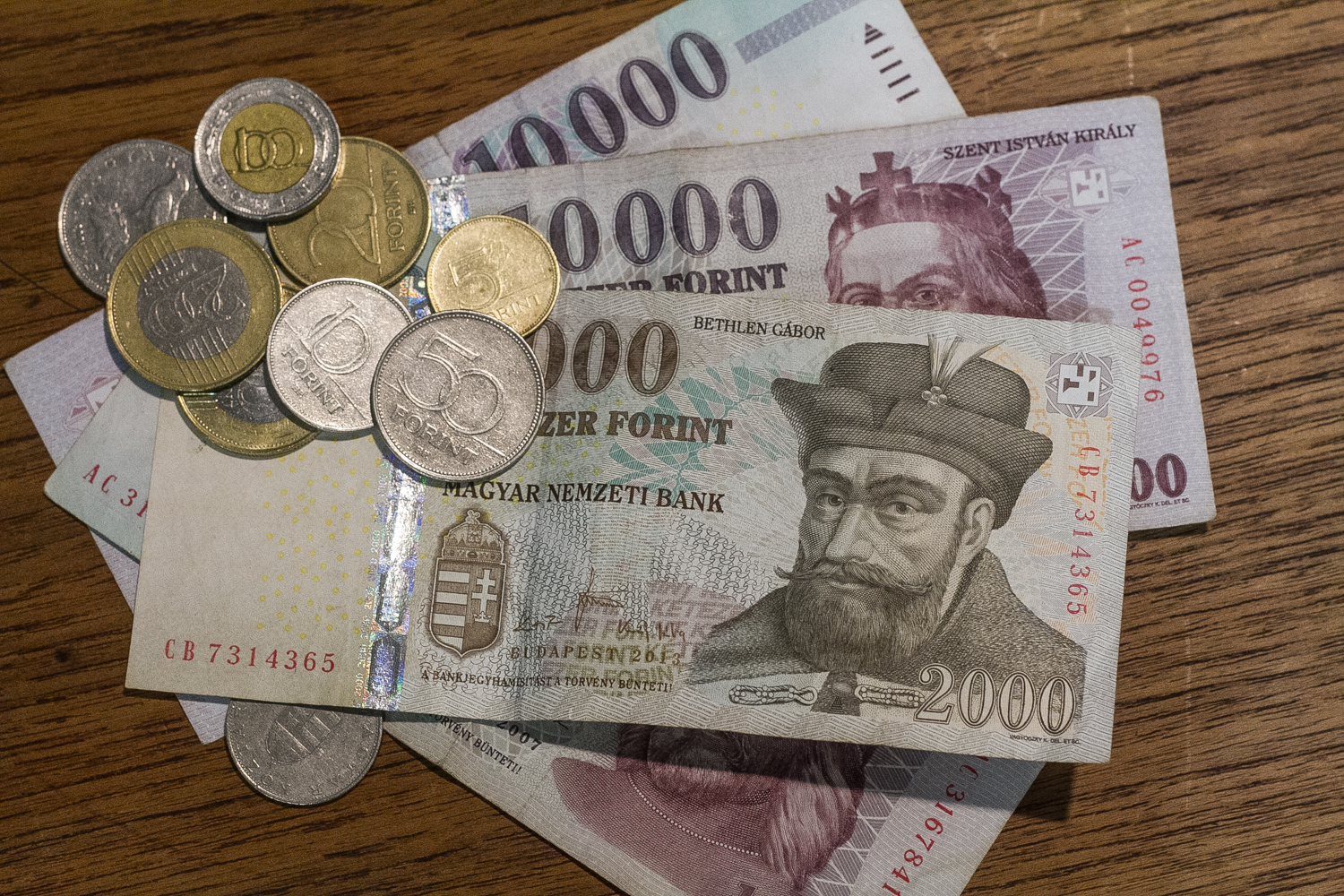
4/12
There are several banking options in Budapest, the most popular ones including:
CIB – Second-largest in Hungary, 140 branches and 200 ATMs
Erste – 2,700 branches around the world, 130 in Hungary
K&H – 200 branches and ATMs across the country, free contactless debit card which can be used locally and abroad
MagNet – Community bank in Budapest with a pick-your-own account fee but only two ATMs in the city
OTP – Largest in Hungary, 1,500 branches around Central and Eastern Europe, and 2,000 ATMs available with an app in English
Hungarian banks are notorious for charging fees within their services, so research each one carefully to decide which suits your needs the best.
Virtual banks are also a handy option, such as B2B Pay and ING DiBa.
To open a bank account in Hungary, you will generally need to provide:
- a valid residence permit or work visa
- a residence card (lákcímkártya) or proof of address (such as a lease or contract)
- passport/ID
Some banks may require extra forms, such as a utility bill or salary slips for proof of income. Simply check ahead of time on the bank’s website to ensure you have everything they need.
5/12
The main three operators in Hungary are Telenor, T-Mobile and Vodafone.
Pay-as-you-go options are available with a form of ID and an address. Longer contracts will require your ID or passport, residence card and a recent utility bill.
6/12
Public transport is excellent in Budapest. The easiest way to zip around town is on a monthly pass (9,500 HUF), which is valid everywhere within the city limits. These can be purchased in person at any BKK information point, or directly from the automated machines located around the city. For a full write-up on public transport options in the city, see here.
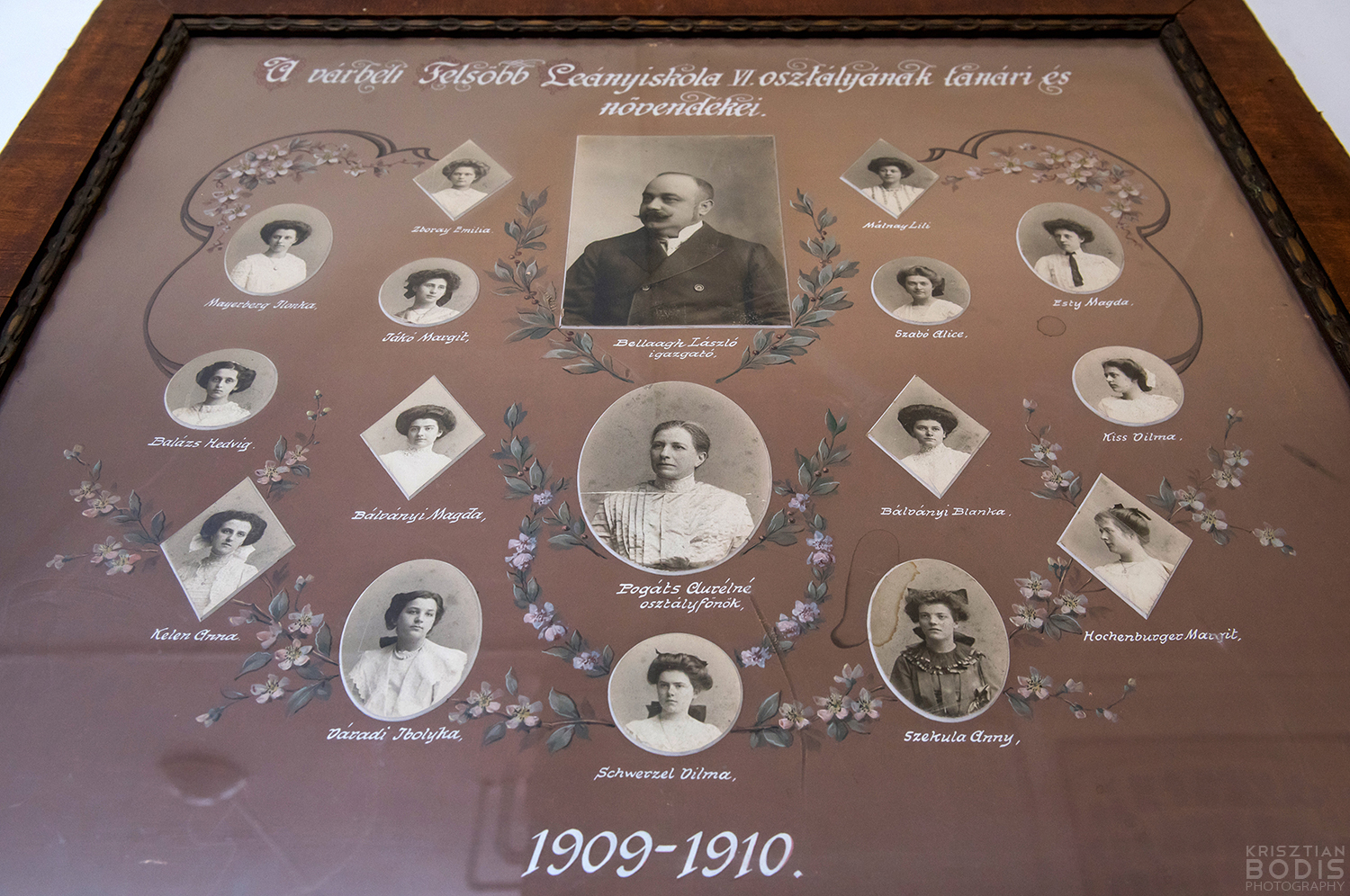
7/12
The school year in Hungary begins on 1 September and ends in June. Kindergarten (óvoda) begins in Hungary between the ages of three and six, but attending kindergarten is compulsory beginning at age five.
Primary school (általános iskola) begins after kindergarten and is free. Of course, private schools may set their own curriculum. Schools are required to admit all children who live in their area. Home-schooling is also an option.
Secondary school (közepiskola) is designed to prepare students for university. Vocational schools are also available, szakközépiskola.
Disabled or disadvantaged students between ages 14 and 16 may attend speciális szakiskola, after which they obtain a certificate confirming their graduation from the school.
There are 62 universities in Hungary, fees varying depending on the course, starting at €360. Foreign students may pay anywhere up to €10,000. Universities also offer scholarships, and students who are awarded scholarships are given grants as well for books.
English-language schools begin with pre-school and continue through secondary education. See this comprehensive database here.
French and German schools are also available.
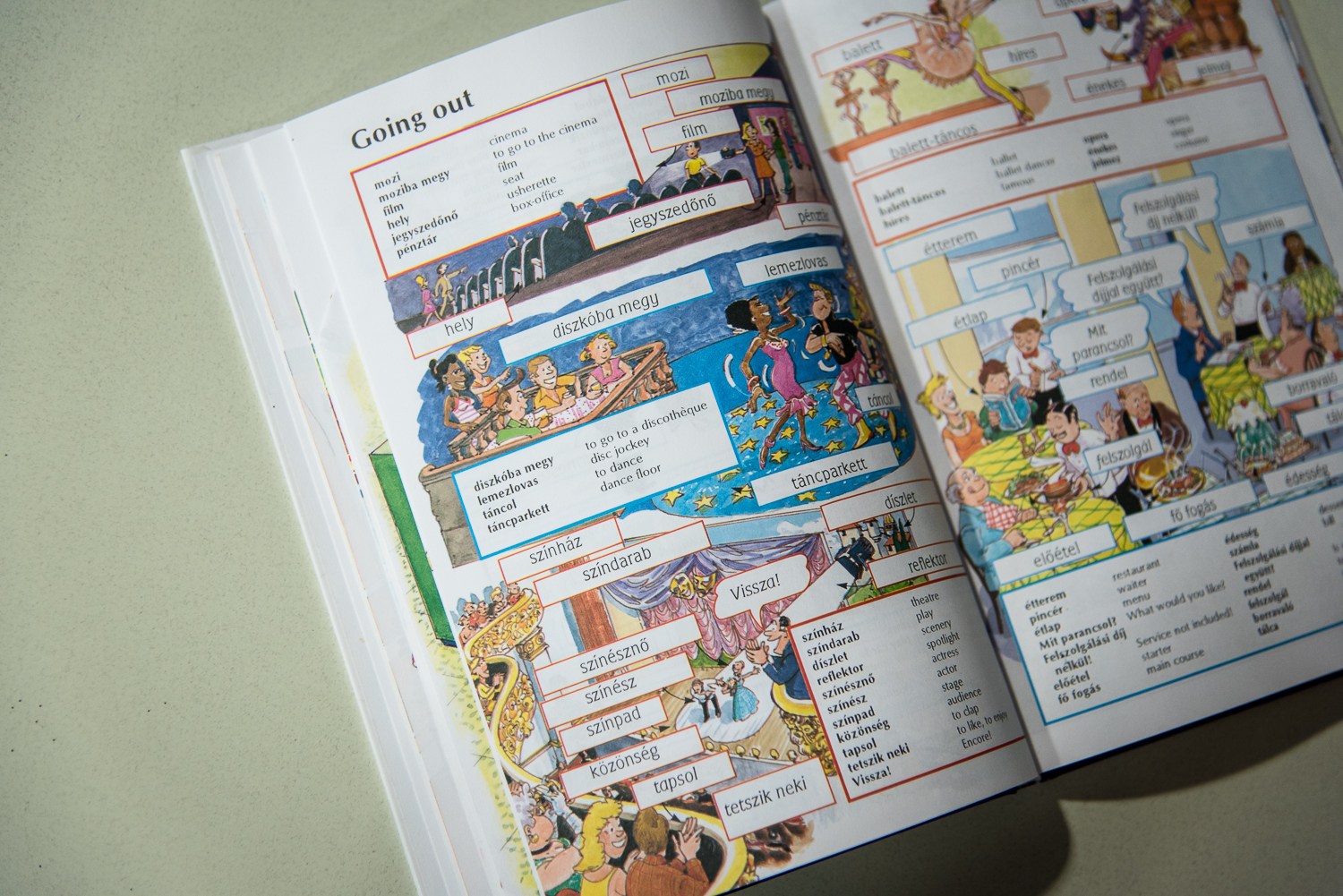
8/12
There are numerous institutions offering Hungarian courses to foreigners. Morning classes, evening classes, summer courses, and full-semester courses are all available to match your schedule and financial options.
One easy way to learn Hungarian from the comfort of your own home is the website VerbalPlanet. Tutors are paired with students who speak the same language, and each lesson is coordinated around the student’s schedule. It is a pay-as-you-go scheme, so you can take as many lessons in a week or a month as you choose.
Language apps such as Duolingo are great for practising and learning new vocabulary. The app can be downloaded for Android and iOS.
Around Budapest, there are also many sit-down classes:
Babilon is an organization in Budapest which offers group language courses starting with three people. Private lessons are also available.
The Balassi Institute is another intensive language programme for students interested in Hungarian. Their courses include two semesters, as well as a summer programme. Visas can be arranged under the Balassi Institute for studying.
Euro-Nyelviskola offers a wide array of classes at all different levels. There have locations in Buda and Pest.
Hungarian for Expats was set up by amiable German Mechthild von Knobelsdorff, Maggie to all and the sessions at its locations in Buda and Pest reflect her experiences (‘Having Fun with the Boring Stuff’) and frustrations at more traditional language schools. See our article here.
Hungarian Lessons with Zsuzsi is a programme developed by language teacher Zsuzsanna Ürögdi. Lessons break down to 1,150 HUF/lesson for new students, and 1,050 HUF for returning ones. Study materials are also available on her website.
Magyar Iskola is another programme offering intensive morning courses. Conversational workshops are also available on the last Thursday of each month. Two lessons are included and the event is free. Find more information about the event on their Facebook page.
Ulysses is another Hungarian-language school in the capital, with intensive courses for beginners starting up throughout the year, and a special summer offer.
9/12
Hungarian recycling separates paper (including milk cartons, etc) and plastics/cans. Paper products go into a blue receptacle, and plastics and cans into a yellow one. Find more information here. (Hungarian-only but with handy pictograms.)
Glass can be recycled at collection points around the city, usually at supermarkets. Some plastic glass bottles can be returned for money, but they are specific to where they were purchased.
10/12
Most foreign driver’s licences are accepted in Hungary up to a year upon arrival, after which time a driver must apply for a Hungarian driving licence. More information can be found here.
International driver’s licenses are also available, which must be used alongside a valid driver’s license from your country. Application depends on your original country of residence.
11/12
Worldwide shipping is available to Hungary.
AGS Movers are a popular option, and they offer a free quote on their website.
DHL provides shipping for packages up to 31.5kg within the EU for €45. Options are also available for elsewhere in Europe, Asia and the rest of the world.
Movecorp is a UK moving agency with international shipments.
NEX is another shipping option, based in the US and operating internationally.
Student shipping is available through Send My Bag, which includes boxes, suitcases, golf bags, ski bags, even bicycles.
TNT is a Hungarian service which offers shipping to, from and within Hungary.
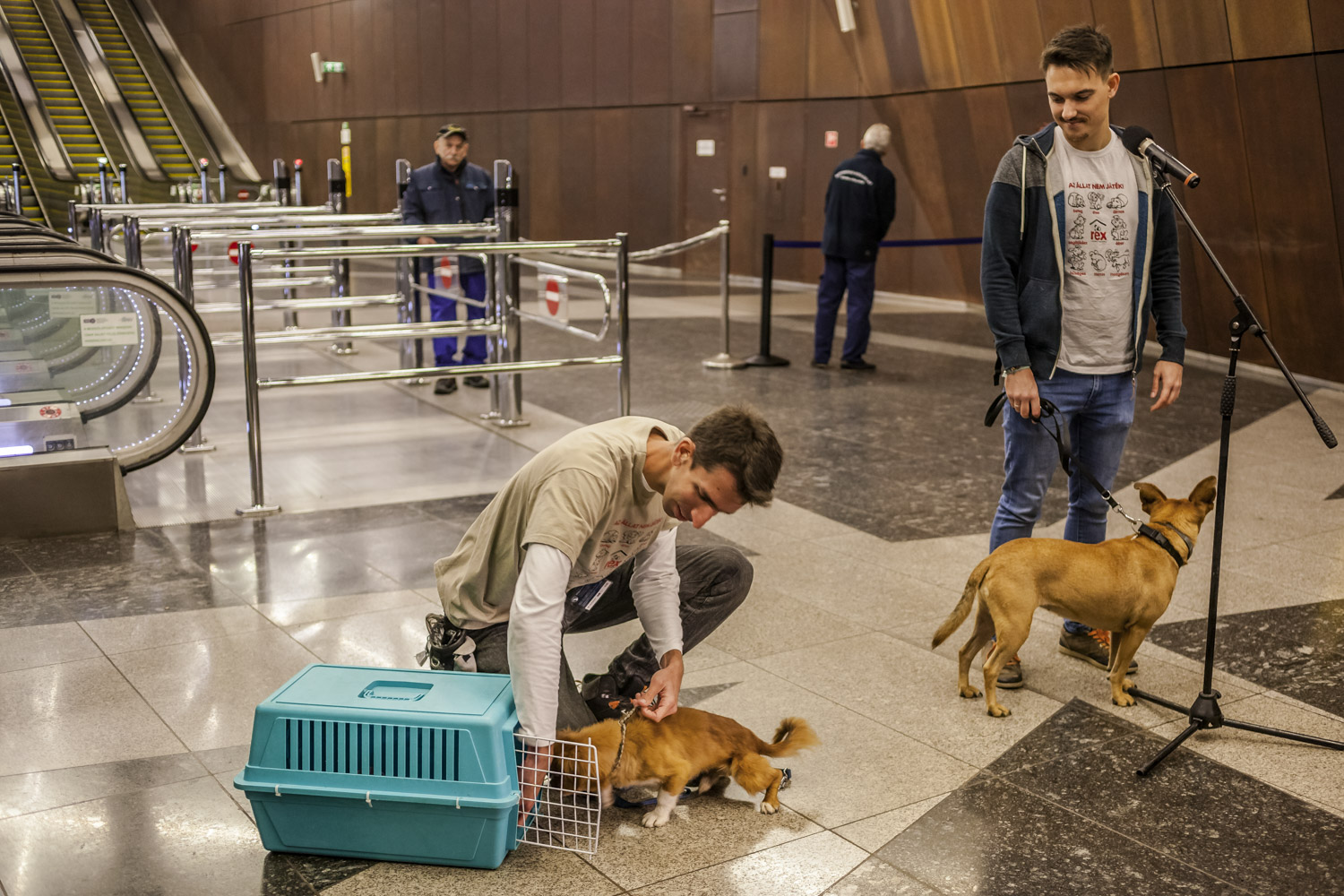
12/12
Some animals require a pet passport to travel into Schengen area countries, as well as proof of vaccination against rabies and a microchip implantation. The EU Pet Passport is available to dogs, cats, and ferrets issued by veterinarians within the EU. If travelling from a country with a high incidence of rabies, a blood titer test must be performed in advanced to avoid quarantine. More information can be found here.
Travellers from America can visit the Animal and Plant Heath Inspection Service website for country-specific information, including additional requirements for animals returning to the US.
Veterinarians in Hungary are called állatorvos, ‘animal doctors’. You’ll find an animal hospital, with 24/7 emergency care for cats and dogs, at XIII. Lehel utca 43. The help desk (+36 1 350 0361, +36 1 350 1166) operates Mon-Fri 8am-10pm, Sat-Sun 8am-8pm.
Exotic pet doctors can also be found in the city, and it is advisable to find out where your pet can be treated ahead of time – before the need is dire.
Pet stores are abundant in the city, as well.
Dogs can travel on public transport with a special dog pass. See here.
